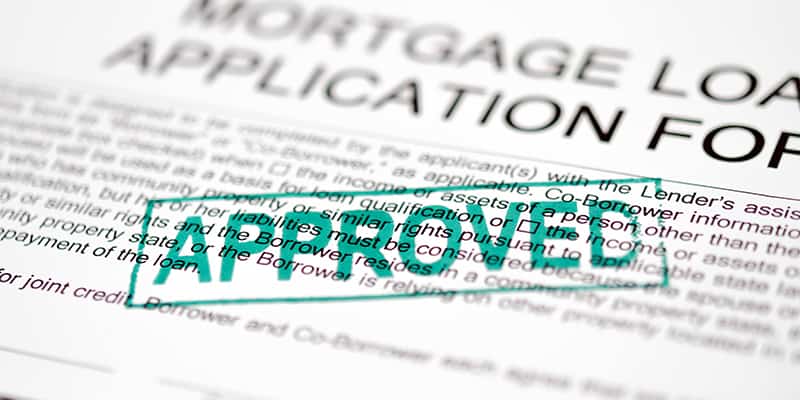
FAQ: Everything You Need To Know About Interest Rates
Inflation rates soared during the COVID-19 pandemic and as a result, so have interest rates. When inflation is too high, interest rates rise with the hopes that spending slows, reducing the money in circulation and slowing the rate that prices increase.
As of November 2022, mortgage rates are expected to increase by 0.75% to 4.50% in early 2023 (and it could go higher, depending on if inflation goes even higher). The same is true for all kinds of loans from traditional lenders. So long as inflation is high, banks will charge high interest rates and even higher rates for those with low credit scores.
At Birchwood Credit, we can charge lower interest rates. Unlike traditional lenders, we lend our own money. This is especially important to those with less-than-perfect credit because they deserve to have their entire financial situation considered, not just a credit score.
HOW ARE INTEREST RATES CALCULATED?
There are three parts to a car loan:
1. THE PRINCIPAL
The principal is the cost of the vehicle you’re purchasing after you’ve made a down payment. This cost does not include interest.
2. THE LOAN TERM
The loan term refers to how long your loan will take to pay off. Many traditional lenders look to make the term anywhere from 24 to 72 months. In most cases, longer terms have higher interest.
Our auto loans can run for as long as 8 years, making the payments significantly more affordable.
3. THE INTEREST RATE
The interest rate is the cost of borrowing money. There are two types of interest—simple and compound. Compound interest is more expensive because it accumulates on top of unpaid interest, whereas simple interest does not. Simple interest is always based on the remaining principal costs, so they become cheaper over time.
Car loans mostly use simple interest, making them a safer and more affordable loan type. In some cases, the interest is precomputed, meaning that the total interest you’ll pay is decided at the beginning of the loan.
Credit scores have the biggest impact on interest rates. When you have a low score, banks see this as a sign that you’re more risky to lend to. As a result, they’re only willing to lend money if they can make more money. Meanwhile, those with great scores receive lower interest rates as the banks believe they’re more trustworthy. Making a larger down payment can reduce interest as well.

CAN I ESTIMATE MY INTEREST RATES?
With our Car Loan Calculator, you can adjust the three elements of a car loan to generate various car loan payment plans based on your credit score. Keep in mind that when you work with us to develop a payment plan, we don’t just look at your credit score the way the tool does. We’ll work with you to understand the broader scope of your finances.
The truth is, you may have a low score and still be trustworthy to lend to. There are easy ways for credit scores to dip beyond our control. Perhaps you maxed out your credit card too often. You may have fully paid it off every time but reaching that spending limit still hurts your score. Or you might have hurt your credit years ago and since gotten much better with your finances. No matter your situation, we want to help. Learn more about our Bad Credit Car Loans and how we can support you on your credit rebuilding journey.



